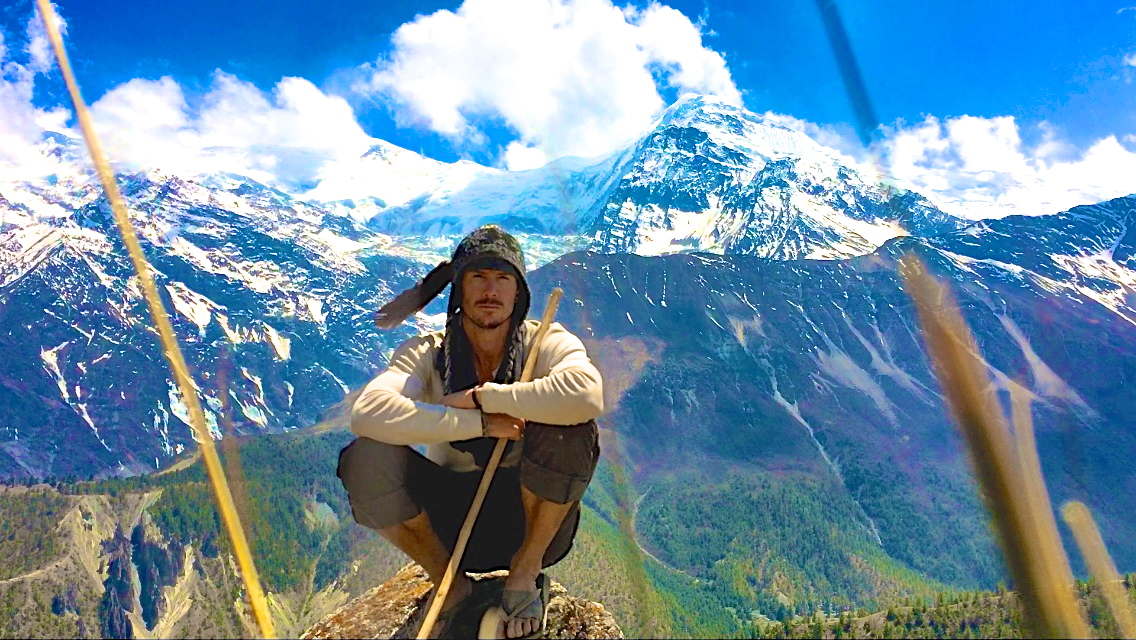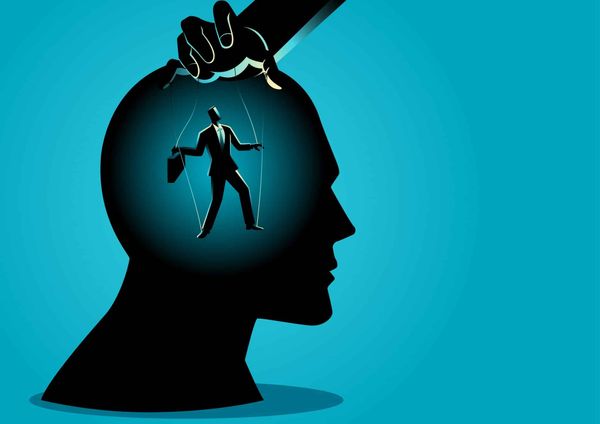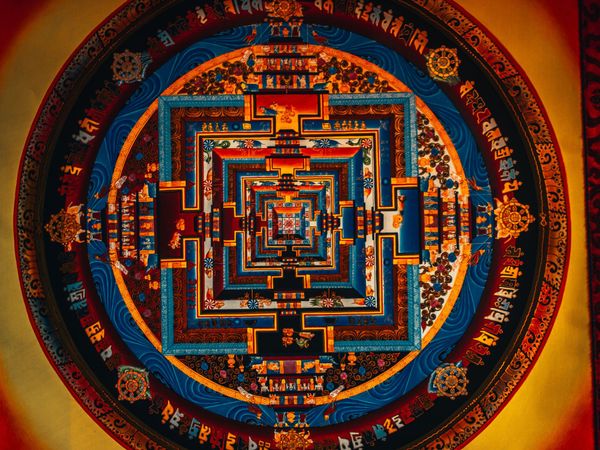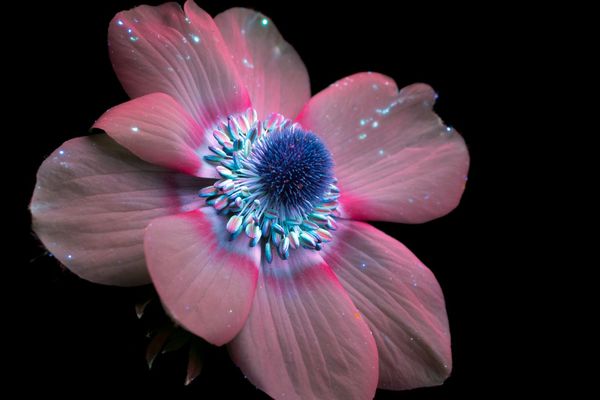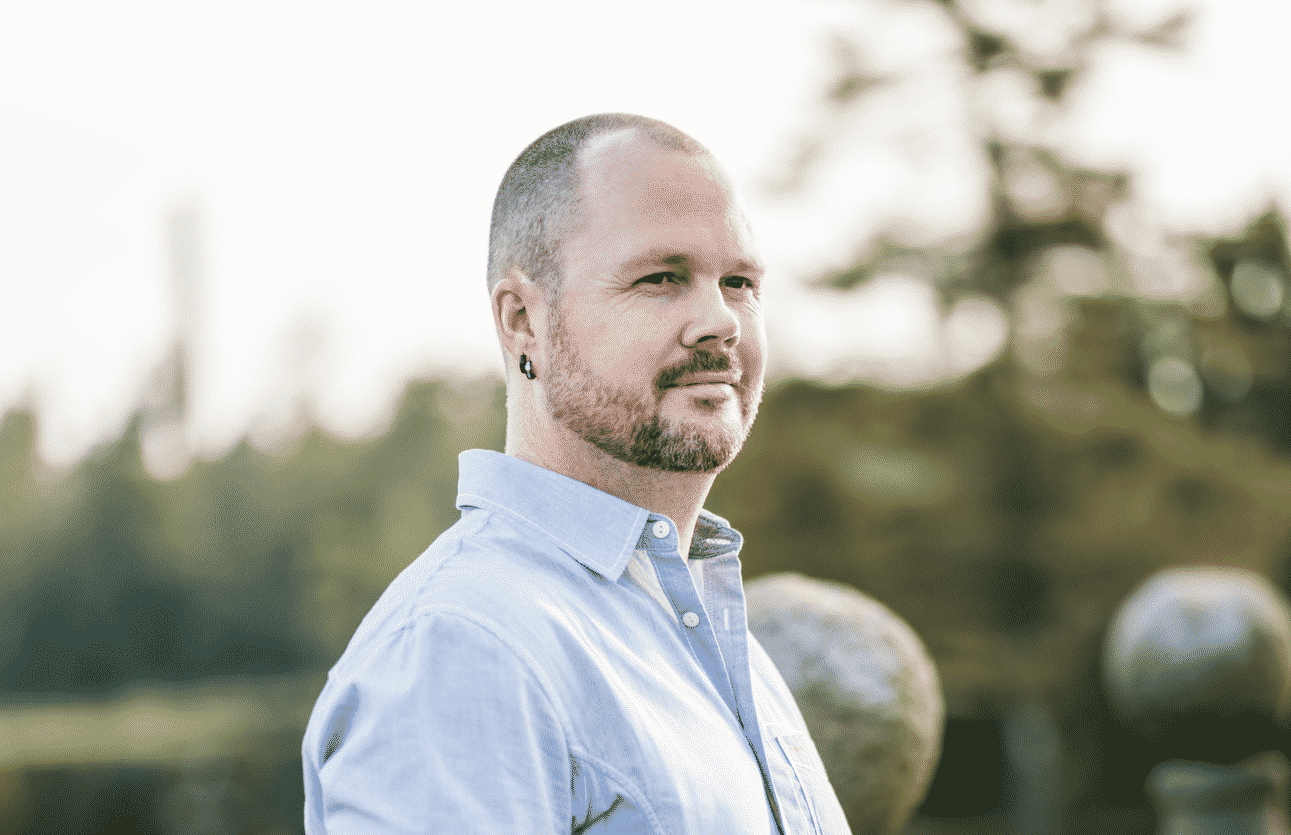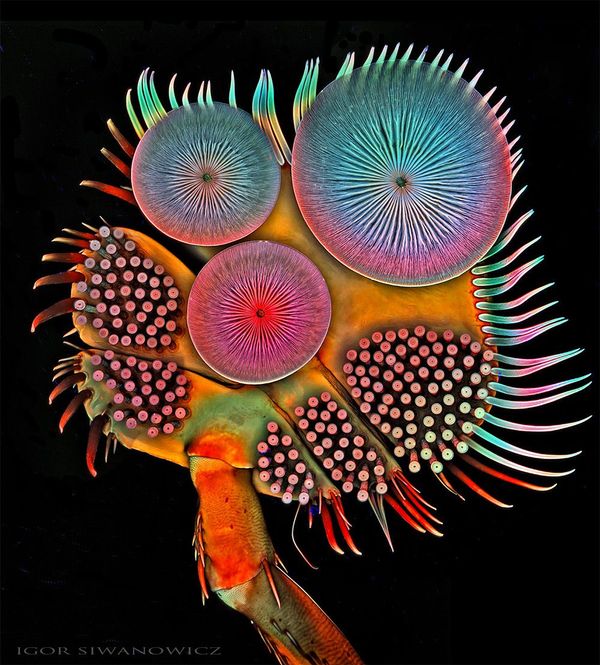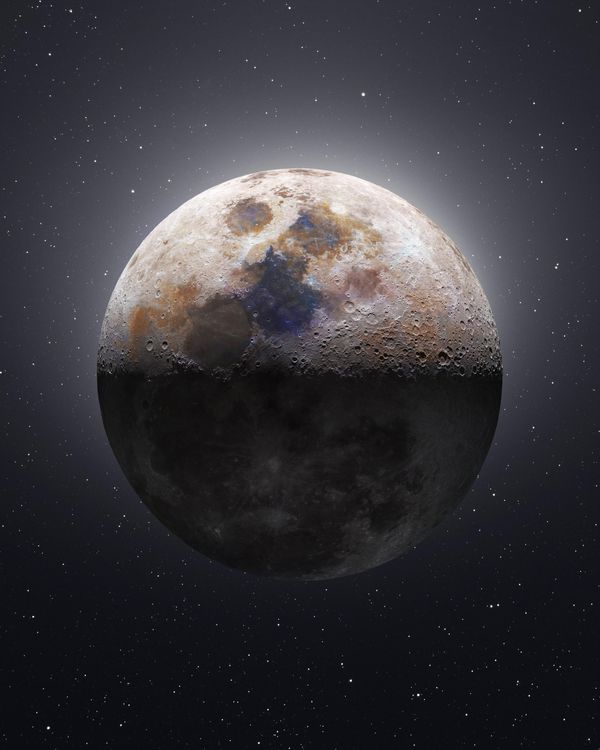Justin Alexander • • 7 min read
15 Questions on Travel, Life, and Adventure Answered by the World’s Coolest World Traveler
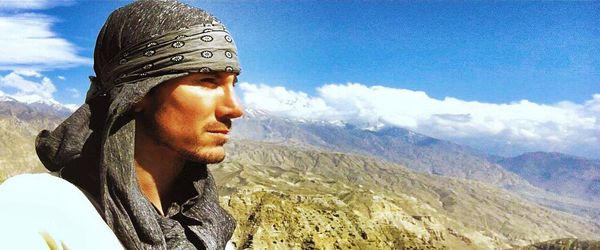
At 16, Justin dropped out of high school and left home to pursue a nature-based education and teach wilderness survival. At 21 he was homeless on the streets of NYC. At 25 he spent a summer in Nepal where his passion for travel was ignited.
Since then, he has toured Japan with his rock band, been adopted by a family in a rural Thai village, became a Buddhist monk, lived with native tribes in mountain jungles, trekked over the Himalayas in flip flops, drank medicine with shaman in South America, and spent 9 months and 18,000 miles (30,000 kilometers) riding a Royal Enfield motorcycle through the American west.
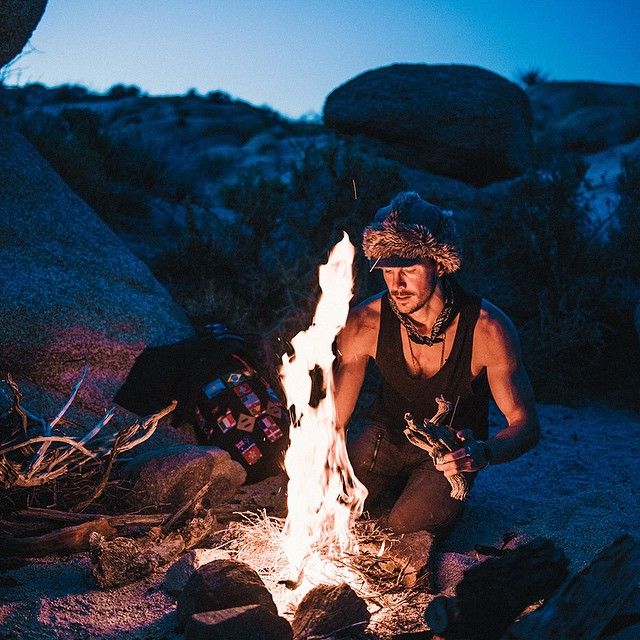
At 29, he started a tech company, and then retired at 32. He is currently traveling the world, having adventures, and telling stories on his Instagram, blog, and HighExistence (read his older articles here).
Here, Justin answers 15 questions on travel, life, and, following one’s bliss posed by HighExistence readers:
1. What is your response to people who ask you, “Is nomadism safe?”
Living is risky. Loving is risky. Both are worthwhile endeavors. Feeling alive is.
Is nomadism safe? Probably less safe than living on my couch (I don’t have a couch), but I prefer freedom and adventure to safety and security.
You can always travel to really safe places if you have concerns.
I like to do some dangerous things. Today I rode on top of a Nepali bus through some insanely bumpy mountain roads for 8 hours, and it was a blast. Dangerous though.
If fear is holding you back just remember that, in general, places are safer and people are kinder than you might expect. Discovering this is one of the beautiful benefits of traveling.
2. After all your years of travel, what still scares you on the road?
I’m scared of anything that feels like a trap.
Beyond that, I wouldn’t say I’m scared of anything on the road. I’m cautious when necessary, and for good reason, but not afraid.
I climb buildings, bridges, cranes, trees, and, mountains; jump from high cliffs into rivers, associate with potentially nefarious characters in exotic circumstances, and sleep in weird places, all without fear. There are dangers, but I only think about them when they are real.
Maybe I’ve been through enough that I feel capable of taking care of myself. Or maybe I’m foolish.
3. What is your favorite place on Earth and why?
My favorite place is anywhere with friends. I like different things about different countries but mostly what I love is my experiences with people in places.
4. How have you changed as a person since you began your nomadic adventures?
I’ve probably grown up quite a bit in 10 years, but in some ways — maybe not at all. I do have a stronger sense of who I am and what I want.
I’ve lost many certainties and feel more humble about my ideas after countless conversations with people all over the world. When you live in one place, I think it’s natural to decide that you know how things are or should be.
Traveling makes you question everything.
Read this: The Nomad's Fountain of Youth: Travel as a Means of Expanding Time
5. What do you think about the quote, “You can’t run away from your own feet?” and the idea that travel is a bandaid solution for acquiring happiness?
Well it’s true that you can’t run from yourself.
I travel because its the most valuable and interesting life I can imagine at this point. I don’t know if you call that a happiness bandaid or not, but it doesn’t seem like that to me. People sometimes assume that travelers are trying to escape something.
People travel for lots of reasons. I think many of us are “running away” from a life of certainty and towards discovery of the unknown.
Traveling isn’t all happiness. If you’re searching for happiness, you’re searching for a vacation. Traveling is often exploring things that make you uncomfortable: physically, ethically, emotionally, metaphysically.
Long-term travel in particular can be especially challenging.
6. What books and blogs would you recommend to aspiring travelers?
Mine. I’m kidding. My blog is more art and storytelling than a travel blog. I don’t give information or advice to people.
The book Vagabonding by Rolf Potts is the best informational and philosophical travel book I’ve read. No other blogs or books that come to mind, so I can’t be too much help there. Expert Vagabond has a great blog and Instagram. Johnny Ward — onestep4ward.com — does too. The book Vagabonding is really incredible though, and I can’t recommend it enough.
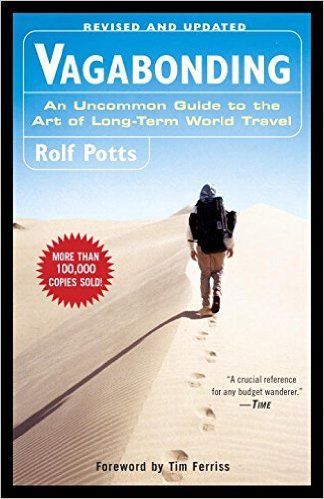
“Vagabonding easily remains in my top-10 list of life-changing books. Why? Because one incredible trip, especially a long-term trip, can change your life forever. And Vagabonding teaches you how to travel (and think), not just for one trip, but for the rest of your life.”
—Tim Ferriss, from the foreword
7. What is the biggest sacrifice you’ve made to live the nomadic lifestyle.
I don’t know which is biggest: A really comfortable bed? A safe place to keep my things? Comfort and security? Routine? Convenience? Knowing what the future holds?
I don’t feel like I’m missing out too much.
8. Do you ever expect to find a (semi-)permanent home?
Perpetual motion is exhausting.
I like the idea of living in places for months at a time, of really knowing a place, developing local friendships, and life routines.
But I’ve experienced so little of this beautiful world, and the call of the horizon is strong.
I like the idea of home, but I’ve never felt it in the way other people do. Once I know a place and have friends there, it feels like home to me. I currently have no desire to settle down by any definition of the word.
Or maybe home is something I’m looking for, and I just won’t know until I find it.
I sometimes fantasize that it will involve a cabin I build myself, a pet wolf, a horse, rifle, motorcycle, and some books.
9. How do you cope with loneliness on the road?
Talk to people. Unless I’m in the wilderness, I can always find people to talk to. Otherwise Facebook helps from time to time. Tinder?
10. What are the first few things you always do when arriving in a new place?
Find a place to sleep and keep my things safe. I don’t have any unnecessary rituals or routines.
11. What is the most valuable or profound lesson you’ve learned on the road?
I don’t know if it’s the most profound, but something I’ve been working with lately is the mindset of, “I’ll figure it out.”
I’ve made it through life thus far (with many close calls) figuring things out as I went. We all have.
I’ve always been able to make due with what I had, and knowing this emboldens my decision making. I’m more free to take a first step without the need to over plan or know what comes next. I just roll with what comes. If there is a problem, I figure it out.
There’s a freedom in that. Fear is your only captor.
12. What advice do you have for people who want to travel but feel financially stuck?
It’s all about values and priorities.
I gave up everything to live this life.
If something is valuable, it is worth a sacrifice.
This is not meant to sound harsh, but if your salary or status or family are more important than travel (rightfully so in some cases) then this nomad lifestyle isn’t for you.
I meet people who fund traveling in all sorts of interesting ways and they’ve all made traveling a priority over other options.
You can travel dirt cheap and homeless. Anyone can. But we prioritize certain comforts. We want a roof, bed, and a regular eating schedule.
Want a cheap adventure of a lifetime? Hitchhike across America (or wherever you live) with some basic, minimal camping gear and a hundred bucks.
Or just make freedom your priority and live accordingly.
Read this: How to Escape the Rat Race and Live a Radically Free Life
13. How do you maintain a sense of routine when on the road?
I don’t.
I brush and floss my teeth pretty much every day. That’s about as far as my routine goes. What I do in a day completely depends on environmental factors.
Do I wake up today in the mountains? on a couch? a city park or rooftop?
Any routines are that of necessity. Setting and breaking camp, gathering firewood, loading-unloading motorcycles, and finding food. I don’t even eat or sleep at regular times. I don’t follow any eating or sleeping schedules and just do what is necessary, whenever I can.
14. Do you have a loose sense of what your future holds? If so, where can you see yourself in 10 years?
I actually don’t. I really have no idea what I’m going to want in ten years.
Right now I have a pretty good idea of what I want to do for the next couple weeks here in Nepal, some goals for India, but no real plan.
I can’t imagine where I will be after India let alone 10 years. I like living his way.
15. What do you think constitutes a fulfilling life?
I think that everyone gets to decide this for themselves.
My idea of a fulfilling life is one that is filled with alive moments. I want to fill my life with things worth remembering and stretch my experience of time while I’m here. I already feel I’ve fit multiple lives into this one.
There’s a causal relationship between the experience of satisfaction and the act of pursuing goals and dreams. If I’m not chasing something, I feel bored and less alive. To live for something is a life worth living.
I just want to be fully alive until I die.
